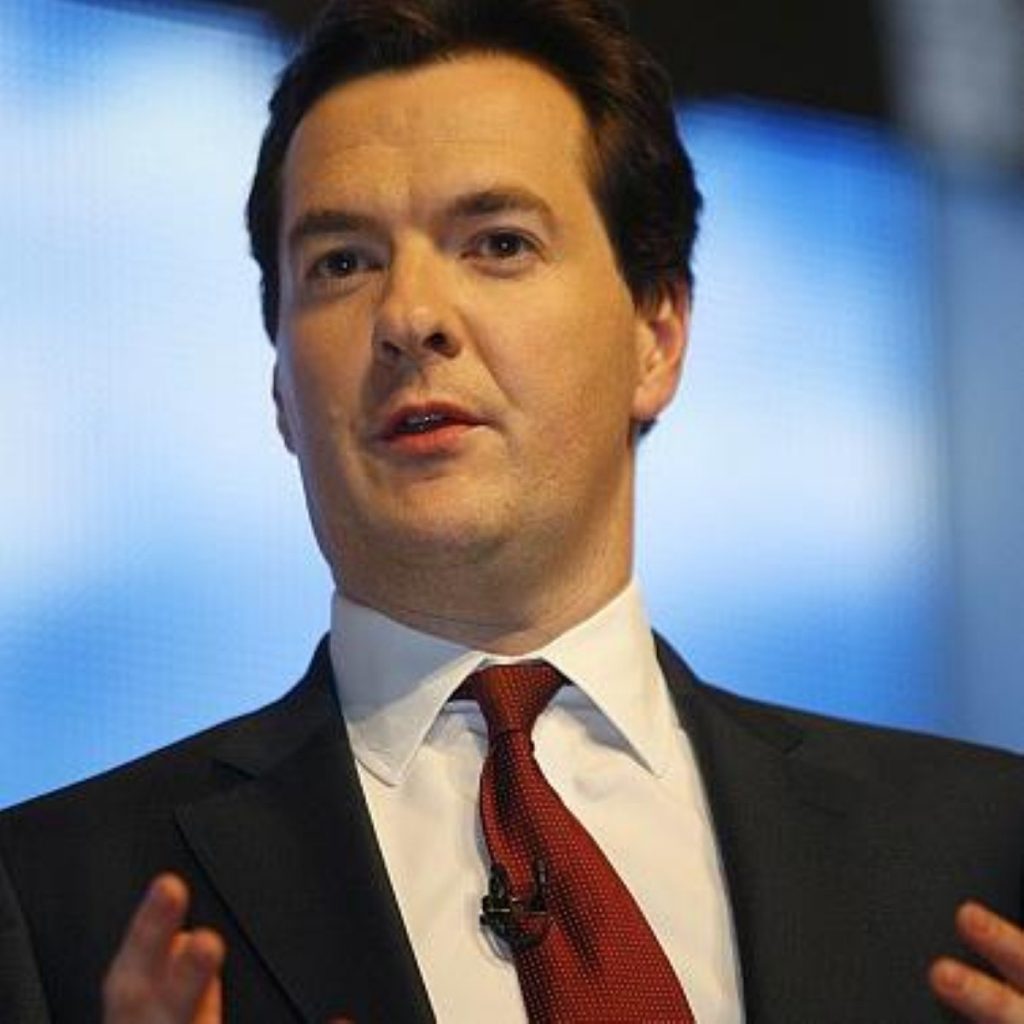Osborne: Portugal crisis shows we were right
By Ian Dunt
George Osborne has seized on the crisis in Portugal as a sign that the coalition took the right action when it launched an austerity drive.
The UK is faced with paying out up to £3.7 billion in the bail-out, after Portugal was forced to request emergency aid following a rejection of the government’s austerity measures.
The Portuguese government failed to win approval for the measures yesterday, prompting the resignation of prime minister José Sócrates and the request for help.


Speaking to the British Chamber of Commerce (BCC), the chancellor said: “If you hear the stories about the cuts and still wonder why our country needs to take these difficult decisions, then look at what is happening around us.
“First Greece, then Ireland, today Portugal. All of them countries that did not convince the world they could pay their debts.
“Today of all days you can see the risks which would face Britain if we were not dealing with our debts. The risks are not imaginary. They are very, very real”.
He added: “Those in our country who deny the urgent need to deal with our deficit are playing Russian roulette with Britain’s national sovereignty.”
Shadow chancellor Ed Balls delivered a combative riposte to that assessment on Sky News.
“I think this is a desperate piece of scaremongering from what is an increasingly desperate chancellor who looks out of his depth,” he said.
“If anybody is playing Russian roulette with the British economy, it’s George Osborne, taking a huge gamble now without any idea how it’s going to turn out.
“I think he’s got this very, very badly wrong. And he will rue this day, with this blatant politicking.”
Open Europe’s economic analyst Raoul Ruparel said the UK would be unable to opt-out of the Portuguese bail-out.
“The UK may be forced to contribute to a bail-out of Portugal, since it doesn’t have a veto over the EU bailout fund that it’s liable for,” he said.
The think tank estimated that the UK share of the bail-out would be somewhere between 810m euro (£702m) and 3.7bn euro (£3.2bn) “with the higher end of the estimate being more likely”.
The Portuguese bail-out follows that of Ireland and Greece, as Europe tries desperately to limit the damage of an ever-increasing collection of failing economies in the wake of the financial crisis.
“The government decided today to ask the European Commission for financial help,” prime minister Mr Sócrates said in a televised address last night.
“I always said asking for foreign aid would be the final way to go but we have reached the moment. Above all, it’s in the national interest.
“I tried everything, but in conscience we have reached a moment when not taking this decision would imply risks that the country should not take.”
Borrowing figures have soared ever higher over the last few months, as the interest rate rose above nine per cent and several Portuguese banks warned they could no longer buy government debt.

